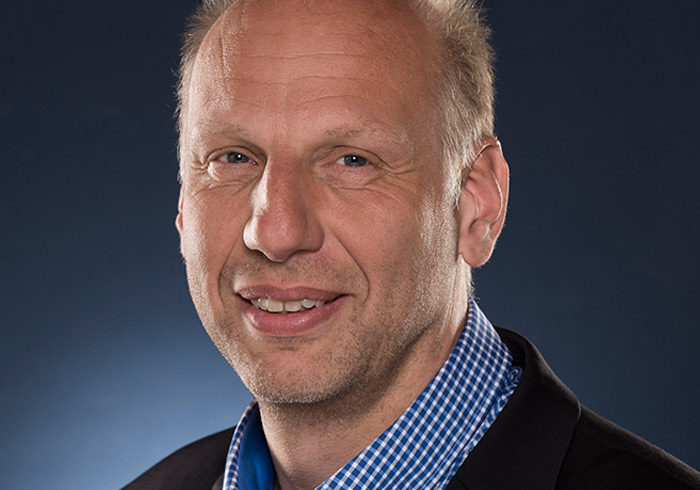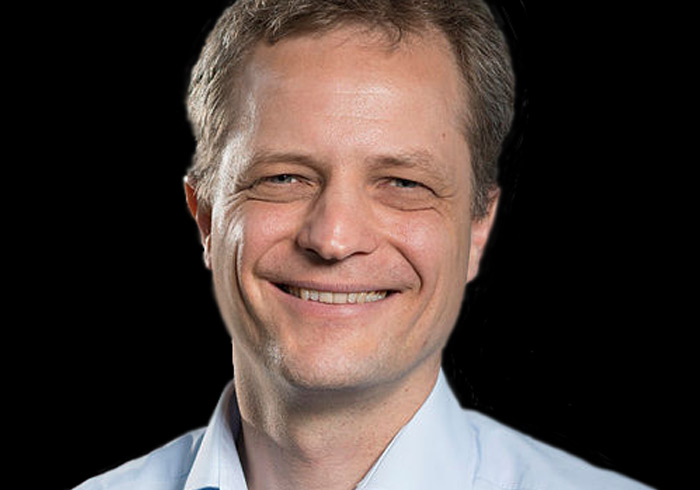Renewable Energy Transition
The term Energiewende [Renewable Energy Transition] was coined in 1980 and has since been used worldwide to describe the transition to a sustainable energy supply1. This pursuit continues to be a priority and is also being driven by policymakers with the declared climate target of 55% greenhouse gas savings by 2030. In addition to climate social funds for the individual, new EU emissions trading on transport and buildings, stricter CO2 requirements for cars and a CO2 border tax are being targeted.2
In addition to politics, companies and each individual are also being called upon to become active. According to Statista statistics from February 2021, about 308.5 thousand people were employed in the renewable energy sector in 2019, with wind energy, solid biomass and biogas showing high employment figures.3
Since we have not yet reached the declared climate goal, there will be more to come. That's why we asked three members of the HECTOR School faculty about the challenges and possible next steps:

Prof. Dr. Stefan Nickel
Institute Director/Professor
KIT/ Institute for Operations Research (IOR), KIT

Prof. Dr.-Ing. Marc Hiller
Doctor of Engineering
Full Professor “Power Electronic Systems“
Institute of Electrical Engineering (ETI), KIT
What are the biggest challenges facing students or their companies as a result of the renewable energy transition (in general and/or in relation to your field)?
Prof. Nickel: In addition to technical challenges, the right match between supply and demand will be the major issue with renewable energies. Specifically, the risks posed by increasing volatility and uncertainty regarding energy policy targets are not well understood. Furthermore, energy-intensive industries in particular need to adapt their production planning by adjusting energy availability using modern smart methods.
Prof. Hiller: A sustainable energy supply is based on a complex interaction of several energy sources and carriers. The particular challenges are the development of sufficient quantities of renewable energy sources, the storage of large amounts of energy and the conversion of entire economic sectors and the building stock to sustainable energy sources.
Not least because of this, classic business models are becoming less and less profitable, which is why new business models need to be developed.
Prof. Ehrenberg: Electrochemical storage modules and converters require a certain basic understanding of chemistry, which many of the participants from very different disciplines do not have. The long way from the basics to the current and relevant issues is a particular challenge for both the participants and the lecturers.
Prof. Nickel: Companies need to prepare for the challenges and understand that the renewable energy transition has a non-technical side (which is becoming increasingly important) in addition to a technical side. That is why companies and students should also address the economics, planning, management aspects and the political dimension when looking at the renewable energy transition. It is precisely this holistic and interdisciplinary view that is taught at the HECTOR School.
Prof. Hiller: Companies must take up the challenges of the future and convert both their products and services as well as their production to CO2-neutral technologies. It is also relevant to further develop employees in the field of energy technology.
The basis for a CO2-neutral energy supply will be renewable energies on the electricity side. In order to be able to cover the current and future electricity demand, including the additional electrical consumers in the industrial and mobility sectors, an expansion of the electricity grids is essential. In order to be able to assess these developments, students learn about all relevant technologies during their studies.
Prof. Ehrenberg: Courage to change. The need for a shift toward sustainable energy technology requires major changes, both in the requirements profile for personnel and in the market segments where companies operate. It is high time to focus consistently on the issues of the future. This includes advanced training and retraining as well as developing new areas of technological expertise. Recognize change as an opportunity.

The energy transition is associated with many challenges which require special skills and knowledge. Energy Engineering and Management covers all these aspects providing the skills to successfully face the evolving working environment.
Brighten Your Career

